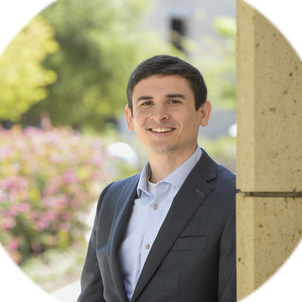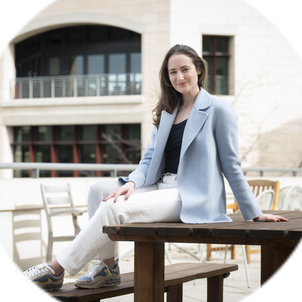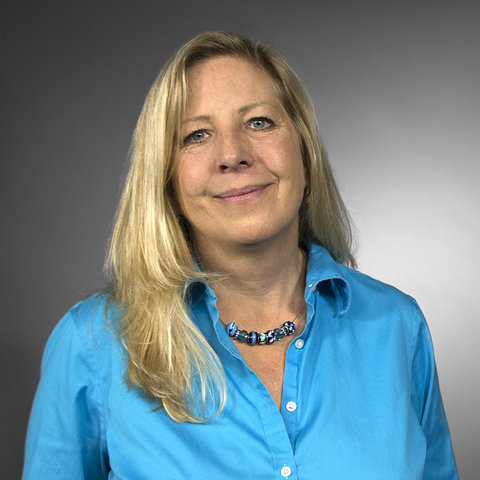What if engineering could help me, as a single mom, get my child from here to there while I was at work, let me know where she was at all times, and did so without using fossil fuel? As Mark Watney said in one of my favorite books, The Martian, ‘I’m going to have to science the heck out of this.’ I believe the better phrase is ‘we can engineer the heck out of anything.’ Whether it’s climate change, infrastructure, data privacy or getting your kid from A to B.
I believe that engineering is how we are going to mitigate climate change. We have the technology. We have the people to do it. But we need to change the way we live our lives. Engineering is going to help us with that.
I’m passionate about conserving our planet and protecting the environment. But my passion didn’t work its way into my career until relatively recently. When I came to Stanford as an undergrad, I thought I was going to major in biochemistry and go to medical school. I was on that track when I started here, and as I sat in Organic Chemistry in the second quarter of my freshman year, I realized it demanded a lot of memorization, which I knew was not one of my strengths. That’s when I stumbled on a survey course called Other Careers for Engineers. They brought in engineers from all fields: one designed bridges, another was Howard Jarvik, the man who created the artificial heart. I was enthralled. Prior to coming to Stanford, I had no idea what an engineer was, so when I saw that it was about problem solving and inventing things that made life better, I was sold. That’s what I love to do.
I’ve had a fascinating and varied career, which began after Stanford with working on Wall Street in an investment banking analyst program. Then I came back to Stanford for an MBA. After that I went to Apple and worked on channel development in Latin America. Later, I helped roll out the Internet in California, advised corporations on technology strategy and worked at startups. I spent a few years working with nonprofits, but I always came back to what I love. I’m passionate about technology and the amazing things it enables.
I even came back to Stanford and worked in campus IT for three years, until I was ready for a new challenge. That’s when the movie An Inconvenient Truth came out, and suddenly the world cared about the environment again. So I looked around Stanford and discovered the Sustainability Working Group. It was a group of leaders from across campus who advised the president and provost on how to run the campus in an environmentally sustainable way. I said, ‘Hey, I’m from the IT department. I’d love to join you.’ They looked at me and said, ‘Great, but what does IT have to do with sustainability?’ This was way back in 2007 when people weren’t even talking about data centers. They didn’t realize what a big impact IT has on the planet. And, as more and more of our lives go online, everything’s being run in the cloud, which is basically a huge network of data centers. If we don’t design and run data centers in a way that is energy efficient and friendly to the planet, then we could be doing some serious damage to our planet. So I joined the group and led initiatives to reduce the environmental impact of all the computers, servers, printers and laptops that we use at Stanford. We ended up building a new data center for research computing and moved hundreds of servers out of former conference rooms and into a state-of-the-art, highly efficient data center.
That’s when Google came calling. They saw what I did at Stanford, and said, ‘We’d like you to do that for our data centers.’ Google has 13 data centers around the world. Stanford IT’s energy use is just a tiny sliver of Google’s, so when we make a small improvement at Google, it has huge environmental impact, which is really exciting.
After eight years in data center sustainability, I was ready for yet another new challenge, and moved into data privacy and security at Google earlier this year. Whereas I had been designing technology to help protect our planet, I’m now working with technology to help protect people.
Being an engineer has let me have an innovative career tackling tough, global issues. I wouldn’t want it any other way.
Related spotlights

Thomas Colburn

Kayla Patterson

